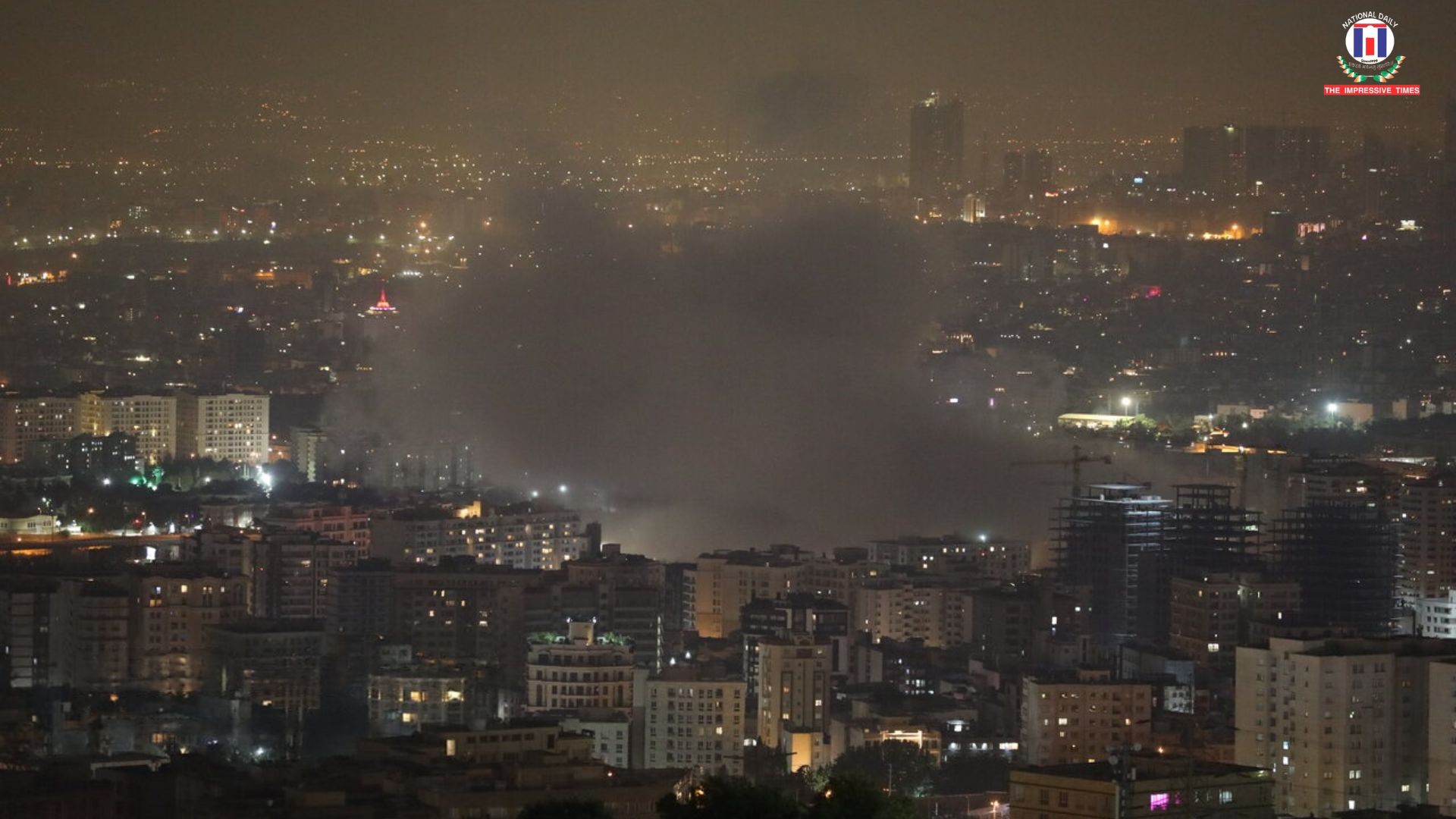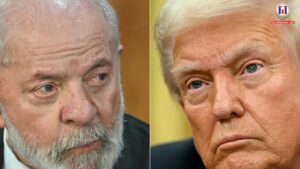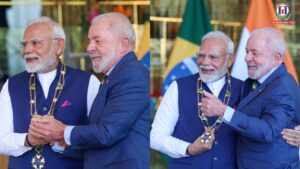
Tel Aviv/Tehran, June 19: The long-standing hostility between Israel and Iran took a dangerous turn on Thursday, with both nations launching intensified missile strikes, further raising fears of a broader regional conflict.
In a significant escalation, Iran launched a missile that reportedly struck Saroka Medical Center, the largest hospital in southern Israel, leaving at least 50 people injured. In response, Israeli Defence Minister Yoav Gallant (updated name for accuracy, as Israel Katz is currently Foreign Minister; use Katz if source insists) issued a scathing statement targeting Iran’s Supreme Leader Ayatollah Ali Khamenei, warning that he “can no longer be allowed to exist.”
While Israel confirmed retaliatory strikes on Iran’s Arak heavy water reactor, a key part of its nuclear infrastructure, Tehran denied responsibility for the hospital incident. According to Iranian state media IRNA, the missile strike was aimed at an Israeli Army Intelligence Base adjacent to the hospital, claiming the facility was only affected by shockwaves from the nearby explosion.
“The main target of the attack was the Israeli Army Command and Intelligence Base in the vicinity of the Saroka Hospital. The hospital was exposed only to the blast wave,” IRNA reported.
Israel’s Defence Minister, however, rejected Iran’s explanation, calling the incident a war crime and vowing retribution.
“The cowardly Iranian dictator sits deep in a fortified bunker and fires missiles at hospitals and residential areas. These are war crimes of the gravest kind — and Khamenei will be held accountable,” Minister Katz said in a strongly worded post on X.
He further likened the Iranian Supreme Leader to a “modern-day Hitler,” accusing him of openly pursuing the destruction of the State of Israel.
“This horrific goal cannot be allowed to continue or materialise,” he added, stating that he and Prime Minister Benjamin Netanyahu have authorised the Israel Defense Forces (IDF) to escalate military operations, including strikes on strategic installations and government targets in Tehran.
The rhetoric comes amid rising global concern over the potential for all-out war. In a related development, former U.S. President Donald Trump, currently attending the G7 Summit in Canada, reportedly urged Ayatollah Khamenei to surrender, claiming U.S. intelligence has located his whereabouts. President Trump also cut short his visit to Canada, underscoring the seriousness with which the U.S. is viewing the crisis.
Despite the rising military tensions, diplomatic efforts to de-escalate the situation are underway. Iranian Foreign Minister Abbas Araqchi has confirmed Iran’s participation in nuclear negotiations scheduled in Geneva on Friday, involving France, Germany, the UK, and the European Union.
Additionally, Araqchi is expected to attend a special session of the Organisation of Islamic Cooperation (OIC) Council of Foreign Ministers in Turkey on Saturday, likely to garner regional support and discuss the growing conflict.
With mutual accusations flying and missiles exchanged, the Israel-Iran standoff has quickly become one of the most volatile geopolitical flashpoints of 2025. As both sides dig in with increasingly aggressive postures, the international community watches with concern, urging restraint while preparing for a possible diplomatic showdown in Geneva.

















No Comments: